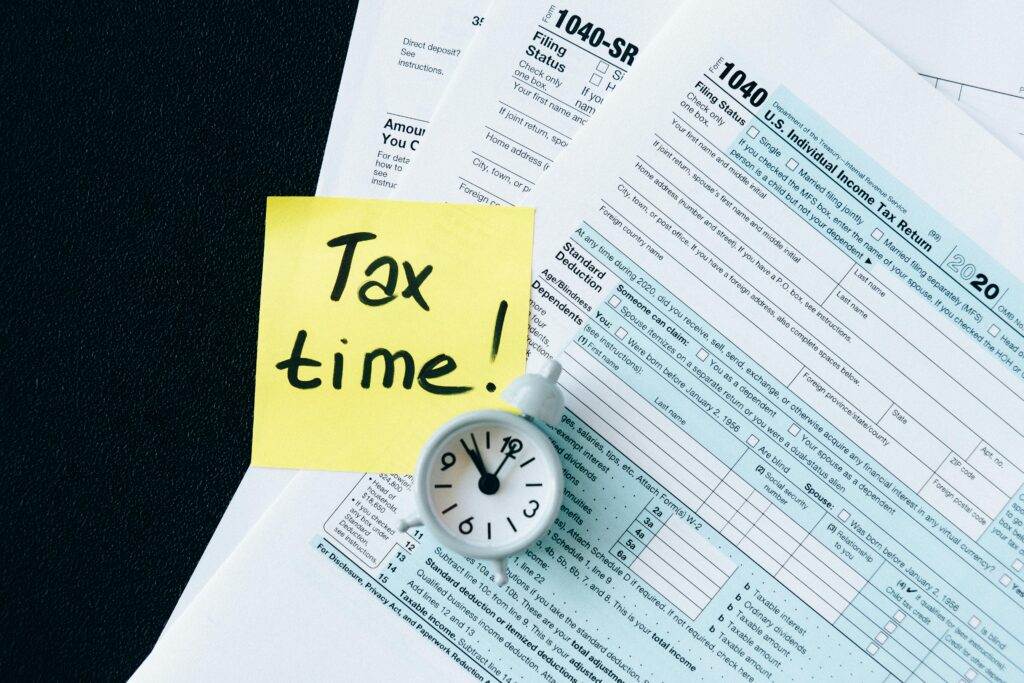The way your small business is structured determines how much you will owe in income tax. The location of your small business also affects how much income tax you’ll pay, and to whom.
The majority of small businesses do not have to pay corporate income taxes because profits or losses pass through to their owners and shareholders, and are taxed under the individual income tax. (For a brief review of organizational types, check out our Small Business Owners Guide.)
Although the current corporate tax rate is 21 percent, pass-through businesses are not subject to the corporate tax rate. These entities are sole proprietorships, S-corporations, certain limited liability companies (LLCs), and partnerships.
Here’s how to know how much small businesses pay in taxes and how much you should consider budgeting for the 2022 tax year.
Personal Income Tax Rates vs. Corporate Tax Rates
If your small business is a pass-through entity, as owner you will pay your personal income tax rate.
If your business is a C-corporation, your business is taxed independently and at a different rate from your personal tax rate. As owner, you file one return for your business and another return for your personal taxes, and your shareholders do the same. Dividends received from C-Corporations are also taxed at the individual level.
What Kind of Taxes Do Small Businesses Pay?
Depending on their circumstances, there are three different types of taxes small businesses may have to pay: property tax, capital gains taxes, and dividend taxes among others.
- If you own real estate for your business, you’ll pay property tax. This tax is assessed at the local level, and the tax rate you’ll pay is based on the assessed value of that real estate – not its fair market value.
- If you sell your small business it will be subject to capital gains tax on its assets.
- If your business is a C- Corporation, dividend tax is levied on the dividends paid to shareholders at the individual level.
Putting Aside Enough Money for Taxes
To make paying quarterly taxes easier, you can put this money in a separate bank account and set up automatic payments for your federal and state taxes.
If you pay 110% of the tax you incurred in the prior year, or pay at least 90% of your tax bill for the current year, you can avoid underpayment penalties.
Have Questions? We’re Here for You
Determining the right amount of taxes for your small business doesn’t have to be complicated. However your small business is structured, we can help you avoid penalties and pay the proper amount of taxes at Scharf Pera & Co., PLLC. Contact us today to get started.

